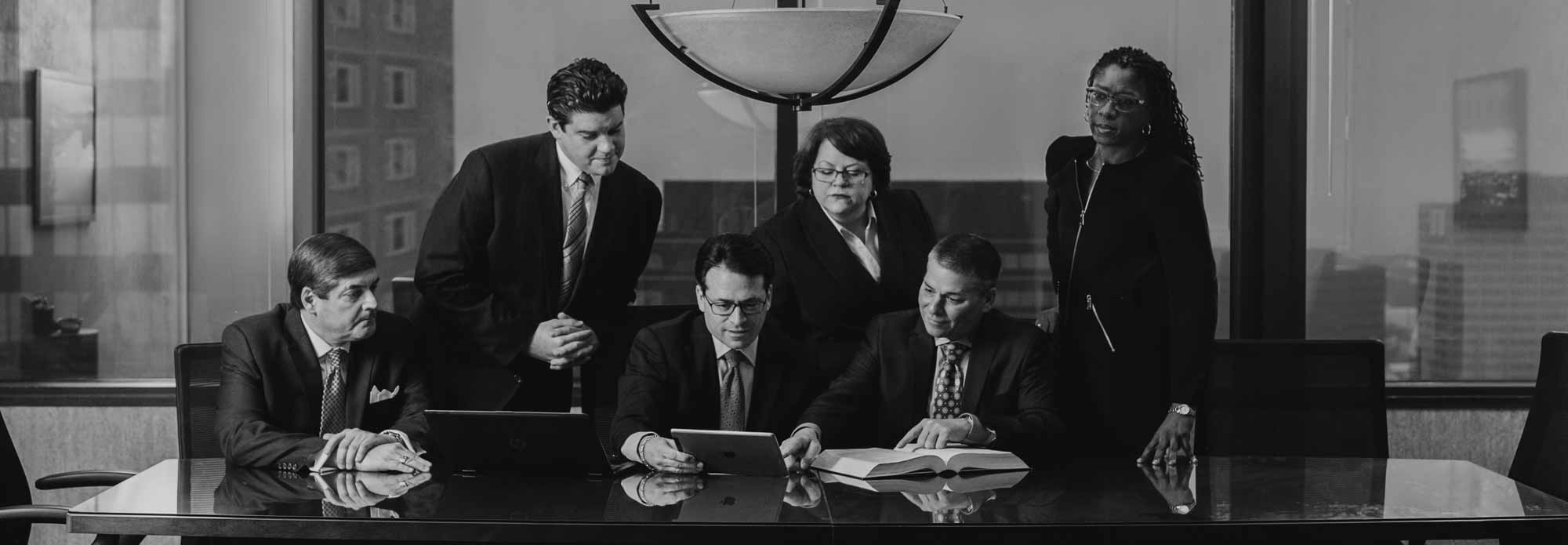How to Win Implied Consent Hearings in Michigan
If you are facing an implied consent hearing in Michigan and do not want to lose your driver’s license, you need expert legal representation that can fight for you and win!

Implied Consent Suspensions and Hearings
Implied-Consent hearings in Michigan involve a driver alleged to have committed the offense of intoxicated driving (OWI, DUI, Impaired Driving, OWPD, etc.) and refused to take a chemical test chosen by a police officer, without a lawful excuse. The police officer must have reasonable grounds to believe that the driver committed the offense covered by the statute (MCL 257.625c(1)) and adequately advise the driver of his or her test rights. When there is a refusal to test, the officer enters the refusal into the Law Enforcement Information Network (LEIN), confiscates the person’s driver’s license, and issues a temporary paper license. Your best hope to keep your driver’s license is aggressive, effective, and experienced legal representation.
Timely Appeal of Alleged Refusal is Extremely Important
A driver has only 14 days to appeal the refusal to the Michigan Secretary of State on the form provided by the arresting police department. If the appeal is not timely, a license suspension is automatic. The failure to timely appeal is the most common mistake people make. After a drunk driving arrest, the officer will give you several forms, and it is unlikely that he correctly explained the documents to you. Also, if you were scared, nervous, emotional, and possibly highly intoxicated at the time, it is unlikely you understood what the officer explained. Remember, timely filing the request for an appeal is very important. The DAAD will automatically reject a late appeal.

At the Implied Consent Hearing
The police officer has the burden of proof by a preponderance of the evidence that the refusal occurred and was unlawful. A reasonable ground to believe that a person is driving drunk can be determined by a person’s driving, appearance, and demeanor, along with field sobriety tests and a preliminary breath test. A defense lawyer can cross-examine the police officer, find weaknesses in their case, and attempt to establish a failure to follow the statutory requirements. If the police officer presents sufficient evidence to prove the driver unreasonably refused the breath test, the hearing officer will suspend the driver’s license for a year. On the other hand, the hearing officer will dismiss a petition for the suspension of the driver’s license if there is insufficient evidence. If the hearing officer dismisses the petition, there will not be a suspension.
Hardship Petitions in Circuit Court
If you lose an implied consent hearing or fail to make a timely request, a petition can be filed in Circuit Court requesting restricted driving privileges based upon hardship. The burden at circuit court is high, and most judges are very particular regarding what must be done to win these hearings. The benefit of having a highly experienced driver’s license restoration lawyer is that he will have handled numerous similar cases and will know what needs to be done to give the client the highest possible chances of winning.

Effective Experienced Michigan Driver License Attorneys
The laws relative to driving privileges in Michigan are complicated. The driver requesting an appeal must comply with several deadlines and convoluted legal requirements. You must have legal representation with experience protecting and restoring driving privileges to get you back on the road legally. The attorneys at LEWIS & DICKSTEIN, P.L.L.C. are highly experienced and capable lawyers handling Michigan driver license restoration cases. Our attorneys also have decades of experience at implied consent hearings. If you face an implied consent hearing or loss of your driving privileges, you need the protection of the Michigan driver license restoration litigators with LEWIS & DICKSTEIN, P.L.L.C.
Call us today at (248) 263-6800 for a free consultation or complete a Request for Assistance Form. We will contact you promptly and find a way to help you.

